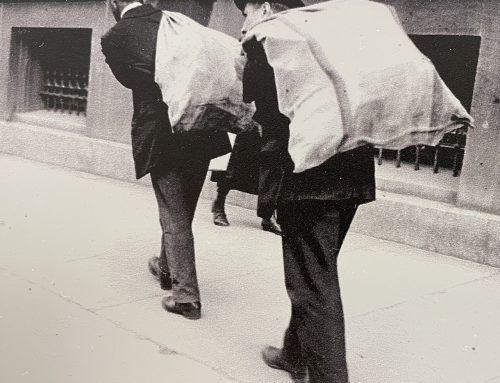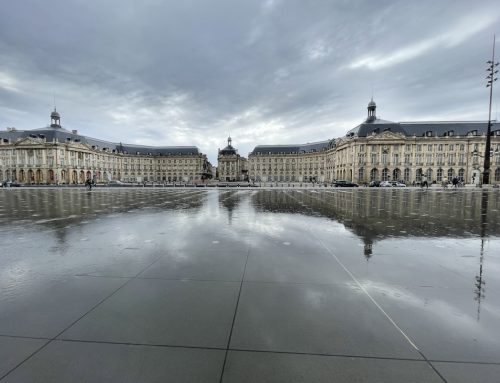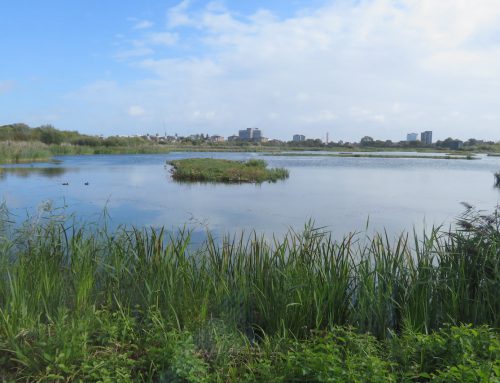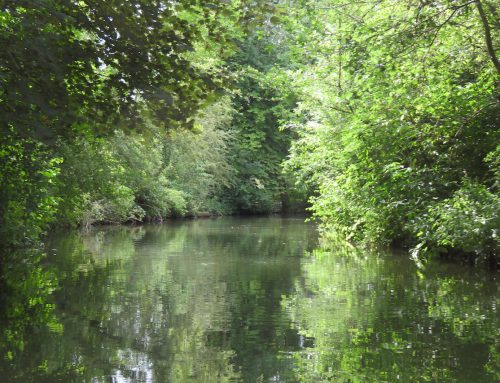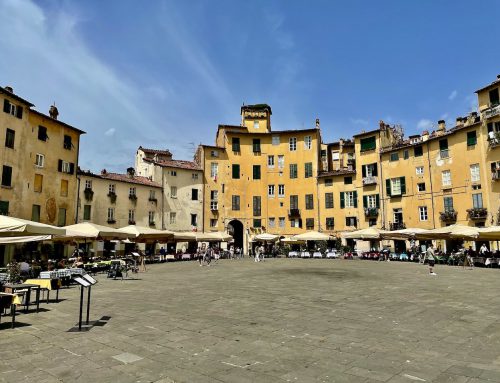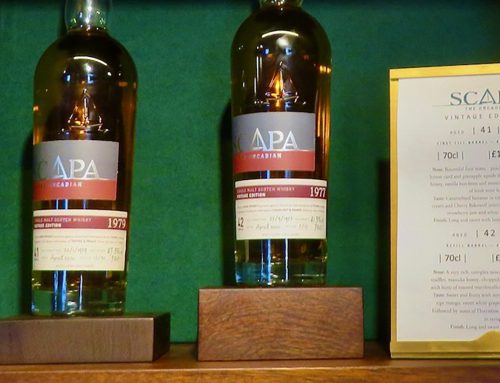The logic has escaped me
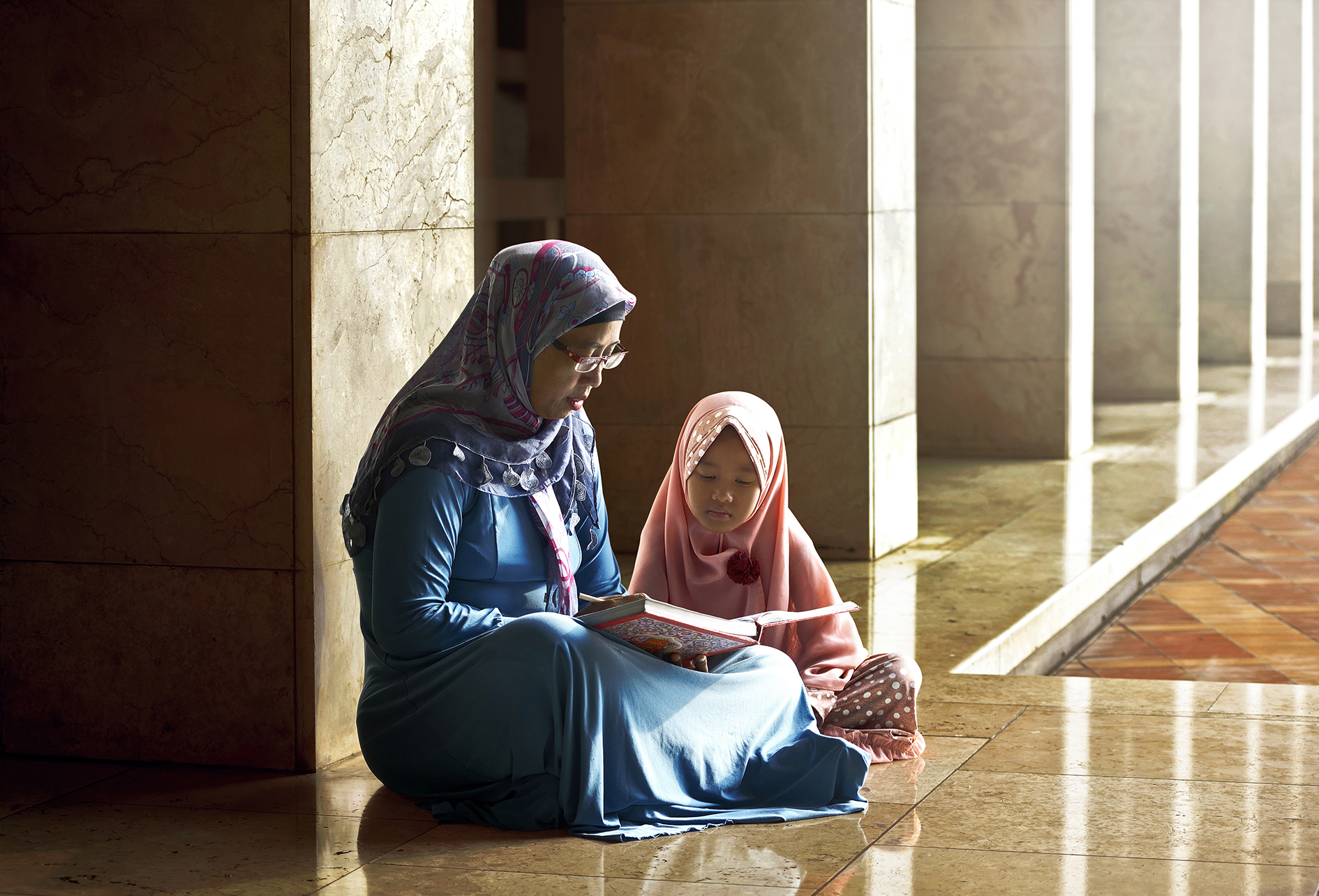
Ramadan is a time for deep reflection

Ramadan is a time for deep reflection
Tripoli, Lebanon
I always said I would not write about religion. These days you are seeking trouble if you do. Yet in an era when barbaric deeds are performed in the name of Faith, it seems odd to remain silent. Maybe it is because I spend swathes of my life as the only Christian in a Muslim world; lands where I tread a knife edge every hour of every day. These are places where reasoned argument does not exist. More likely it is a knock on the door, an impromptu roadblock and wham, you are taken, gone, stolen, and made to disappear. The shadows where I work invariably carry the unexpected.
I call myself a Christian because that is the way I was brought up. Christian schools, Christian parents, Christian society, and a largely Christian career. Most things I have done were because God or Queen had instructed me, or at least that was what I was told at the time. Yet I rarely go to church; maybe the occasional wedding, baptism or funeral, perhaps the odd candle when times are rough. I have long held religion to be a personal thing; it is in your head, body, deep within your mind; it is not always on public display. That was until I experienced Ramadan.
When working in a Muslim land it is difficult not to be affected by the Holy Month of Ramadan, even if you have no clue which way is east. Ramadan the word comes from the Arab root ramida or ar-ramad for scorching heat or dryness. It is a time when Muslims pull together. For the onlooker, you are watching a massive army in action, with each soldier, individual, worshipper, trying to cross some distant line. It is hard not to be impressed.
They call it fasting, I call it starvation. You try it. Not eating or drinking during daylight hours is hard. It is an act said to bring the faithful closer to God and to remind them of the suffering of the less fortunate. Fasting is one of the so-called five pillars of Islam - declaration of faith, daily prayer, charity, performing the hajj pilgrimage to Mecca and…fasting at Ramadan. It is a time of mutual suffering and an act that has bonded Muslims for well over a thousand years. It is an opportunity for enemies to become friends - looking at news bulletins I wonder - and for business rivals to cooperate rather than fight. One supports the other, one feeds the other, and everyone gives generously to charity. The mass behaviour of Islamic society during Ramadan is something even an atheist cannot miss.
In the middle of the day I walk our corridors to find the office cleaner studying the Quran. I hear my colleagues debating the finer points of religion and not the corporate bottom line. At other times, they would have been yelling support for Juventus, Manchester United or Real Madrid; or maybe plotting the overthrow of a competitor down the road. Ramadan is a time for self-reflection, an opportunity for contemplation and, quite simply, thinking about the direction of life. Why is it that other religions do not encourage the same? Or maybe they do as, knowing me, I will have missed it.
Ramadan is observed during the ninth month of the Islamic calendar and commemorates the first revelation of the Quran to the Prophet Muhammad. It is a hugely important month for Muslims, and something Christians working in a Muslim society ignore at their peril. Sadly, and as with Christmas or Easter, commercialism muscles in. Hotels offer night-time meals at elevated prices and month-long television soaps rake in millions from advertising. No wonder the scholars are becoming disturbed, especially as the Prophet once declared:
“Whoever observes the fast during the month of Ramadan, (while) believing in Allah and seeking His rewards, will have his past sins forgiven.”
Maybe I had better start fasting.
Years back I had not heard of Ramadan. I stumbled across it by accident. Headed for a period to the North-West Frontier of Pakistan I had decided to arrive early and travel the country from south to north. What the Hell, I thought, why not travel by train? I did, landing in Karachi and spending my first Pakistani night in the city’s YMCA. They had only dormitory accommodation available so there I lay, the inexperienced and solo Brit, surrounded by a myriad of locals.
Initially I was in the deepest of sleeps. It did not last long. Through half-closed eyes I saw my room mates awaken at 3 a.m. and tiptoe into the darkness. They did not return. Moments later I had drifted off to sleep once more, before waking at a very British seven in the morning. Shaking my head and rubbing my eyes, certainly befuddled, I stumbled down three flights of concrete stairs to seek a ground-floor breakfast. No chance. The YMCA restaurant was bolted, an illegible cursive script on a tatty sheet of laminated white paper stuck to its cracked-glass door. Urdu was not a language I knew, so I went outside, hunting for an alternative. All I sought was a slice of bread and jam, a bowl of rice, a cup of coffee, maybe a glass of milk. Not a whisker. Anything food-related was shut, each carrying an illegible note on a time-expired door, the paper flapping lazily in the breeze as temperatures began to soar.
It took two more days, agonising hunger, and a train journey to Peshawar in the north, to learn this was the Holy Month of Ramadan. What I had seen in Karachi were my YMCA room mates rising early for what I now know was suhoor, the pre-dawn meal. Its opposite number is the iftar, the meal that breaks the day’s fast, immediately follows sunset, and that traditionally starts with a date. The holy men set the exact time.
Fasting apart, oh boy, do folk know how to eat at Ramadan. Putting on weight is a genuine risk. Depending on the month, and Ramadan is at a different time each year, suhoor and iftar can be close together and the combined calorie consumption huge. Fasters in Dubai have been shown to eat more than 4000 calories at a single iftar. But that is Dubai for you.
Yet for the solo Christian in a Muslim world, a feature that makes Ramadan stand out, to me at least, is the final prayer of the day. Iftar over, next stop bed, there comes the night-time prayer. A strict Muslim will pray five times every day. Now imagine a large mosque filled with humanity, everyone facing the same direction. Imagine so many people there is no room at the inn and they begin to flow outside. Imagine prayer mats in long lines crossing the main road around the mosque and then to the side streets beyond. Imagine a city of half-a-million people praying simultaneously. Imagine that and you see the reality. The power is astonishing, the effect overwhelming.
The feeling of welcome at Ramadan, even to a solo Christian, is remarkable. I am from the wrong religion, so cannot join the locals at prayer. Anyway, I am hopeless at such things and would not know what to say or do. Yet to watch them, feel them, hear them is a privilege, whatever the chaos in the world. You would have to be devoid of emotion to remain unaffected and this goes on for a month.
And bombs in one place, prayers in another? That is a different question. All I can say is that the logic has escaped me.
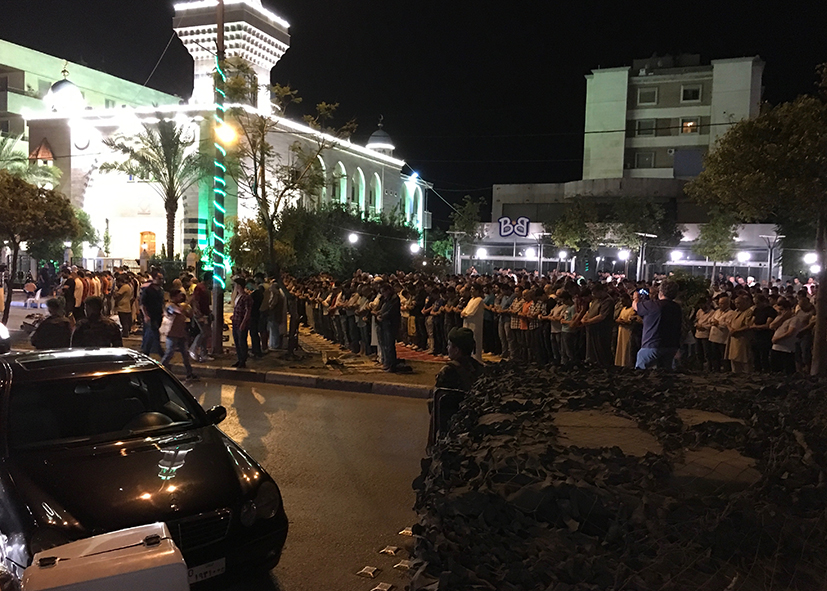
Tripoli, Lebanon. Last prayer of the fasting day
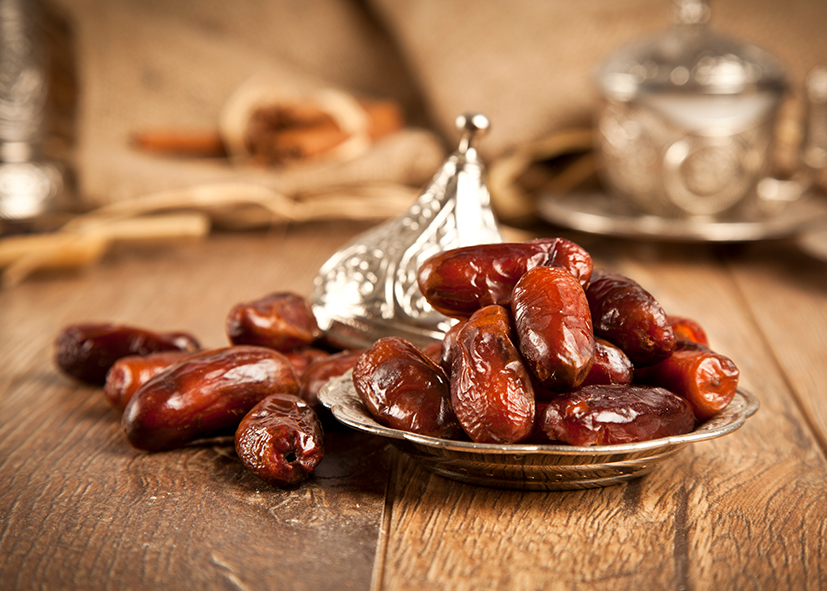
The iftar meal always starts with a date

